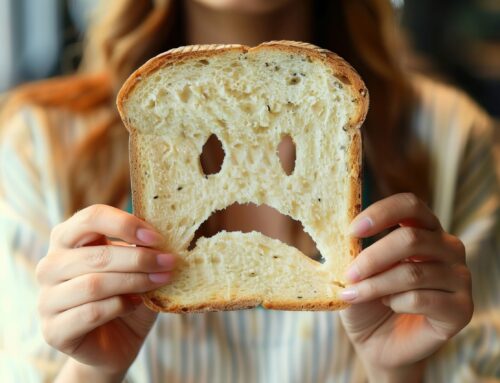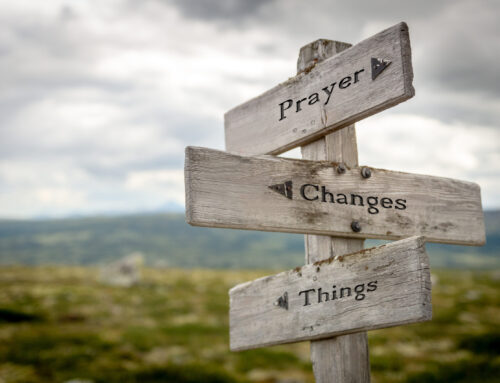
Suicide, what happens when you hear or read that word? Does it strike fear in you? Do you judge the person as selfish who died by suicide? Are you someone that has thought about suicide but have been afraid to talk about it. If so, why? Is it because you don’t want to be judged? Why can we speak openly about cancer, but not mental illness?
Those with mental illness have to fight a dual battle: the struggle with their illness, and the struggle against the perceptions of society, in this case, that mental illness bares a stigma. This stigma can be understood in three components: stereotypes, prejudice, and discrimination. (Watson 2002). Stereotypes are characteristics people place on a group of people. Not everyone believes the stereotype, but it can open the door to common misconceptions. Mistaken beliefs can also be furthered through media. For example, a character in a movie or show who has a mental illness, will be shown as psychotic and unstable; it may also portray someone with depression or thoughts of suicide as weak. Think back to the last action movie you saw, how was the main character portrayed? Have you ever watched a John Wayne film? Please don’t mistake my message, I love the Duke, but how many times through the course of his films did he say something similar to “a man settles his own problems”? Heroes are frequently portrayed as the tough guys, the ones who won’t break. We love the Jason Bourne movies: he can get out of tough situations, fight, and drive a car like a racing driver. Heck, he can even remove a bullet from his own body, by himself! But that isn’t realistic. How can someone feel comfortable speaking of depression and or mental illness, if we as a society hero worship the main character of a film series who can do unrealistic things like fight anyone and win and pull a bullet from his own body while barely flinching?
People are less likely to sympathize with someone they believe is responsible for their own illness which creates prejudice and discrimination. People with mental illness are perceived by society to be in control of their disability, unlike someone with a physical disability. Persons with mental illness are less likely to be offered a job. Many in the public believe that those with mental illness should be institutionalized which creates public discrimination.
What harm can public discrimination and prejudice cause someone suffering with a mental disability? A lot!
- Reluctance to seek treatment
- Lack of understanding by loved ones
- Bullying
- Harassment
- Less opportunities for employment
- Inadequate care
- Inadequate health insurance
- Receiving the wrong treatment
- Unsympathetic health personnel
- A belief that you can’t get better
- Self-medicating which leads to drug addiction (Mayo Clinic 2014)
So, what can you do? Educate people. Talk about depression and mental illness, understand that someone cannot think their way out of depression. They can’t think happy thoughts and cure themselves of depression any more than someone with cancer can cure themselves by taking an aspirin. Please do not promote the fallacy that mental illness is all in someone’s head. Help the world understand that mental illness is just that, an illness, and those struggling need our help. Will you stand with us and give a voice to those that may not know how to speak up for themselves?
Works Cited
Watson, Patrick Corrigan & Amy C. Understanding the impact of stigma on people with mental illness. February 1, 2002. ncbi.nlm.nih.gov (accessed March 3, 2017).
Mayo Clinic. Mental Health: Overcoming the stigma of mental illness. May 17, 2014. mayoclinic.org (accessed March 3, 2017).







Excellent article. Well researched and written with heart knowledge. Thanks for sharing!
Thank you love.